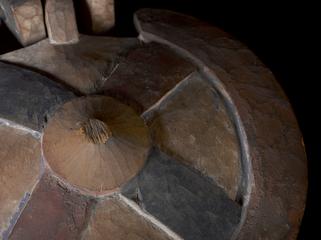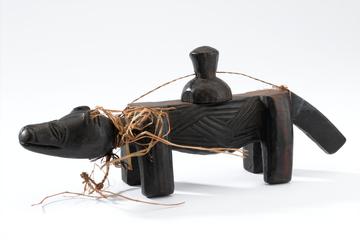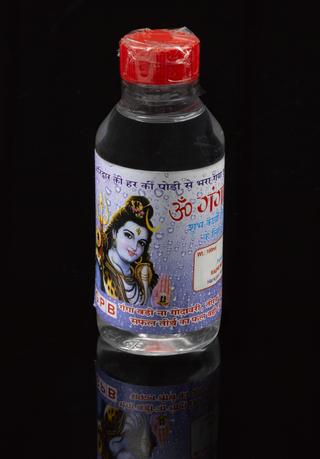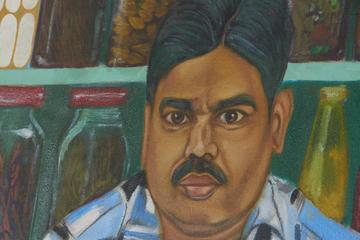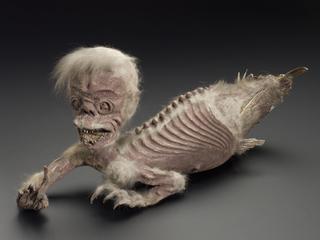
Two acorns threaded onto length of string
- Made:
- 1890-1916
Two acorns threaded onto string, worn as a necklet which was believed to be a cure for diarrhoea, from London, 1890-1916.
The growing influence of biomedicine from the 1800s did not necessarily replace established forms of treatment based on belief and superstition. What could be referred to as folk medicine – customs that often went back generations – continued to be practised. For example, this necklet of two acorns pierced by a length of string was said to be a cure for diarrhoea.
The amulet was acquired for Henry Wellcome’s collection in 1930 from Edward Lovett’s (1852-1933) extensive collection of British amulets and charms. Lovett was a collector of folklore who documented different medical traditions and beliefs. This item is recorded as having been originally collected in London, with a note suggesting that such necklets could be found both in the sorth and south of the capital.
Details
- Category:
- Ethnography and Folk Medicine
- Collection:
- Sir Henry Wellcome's Museum Collection
- Object Number:
- A665283
- Materials:
- string
- type:
- necklet
- credit:
- Loan, Wellcome Trust (Lovett Collection)

